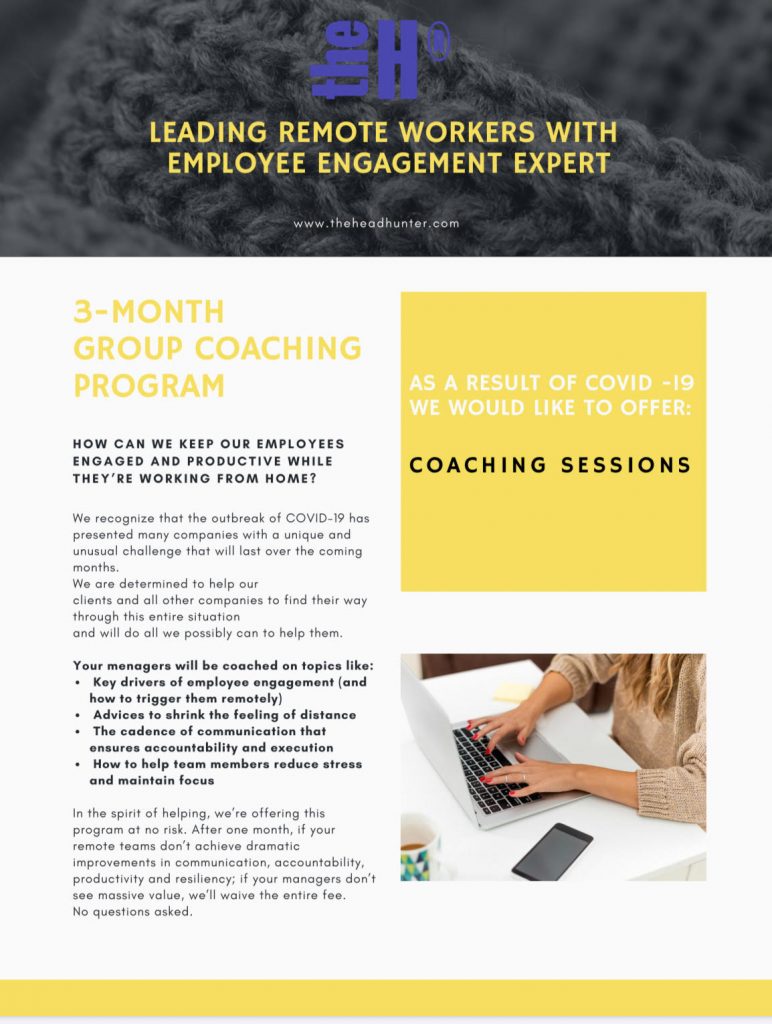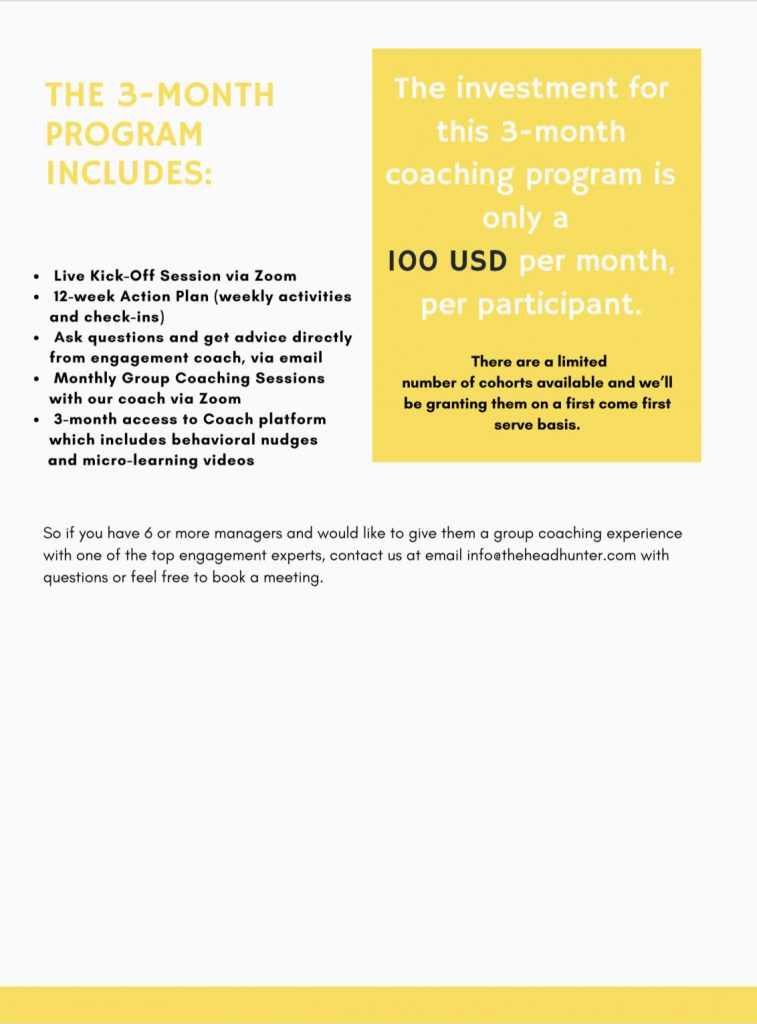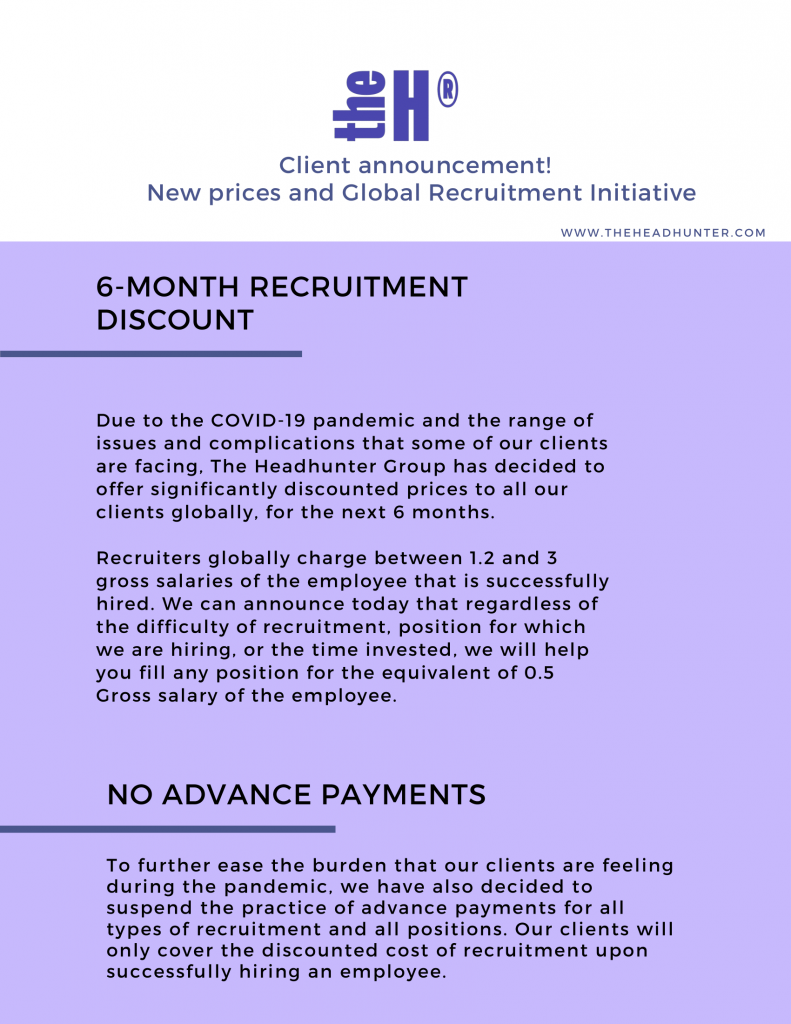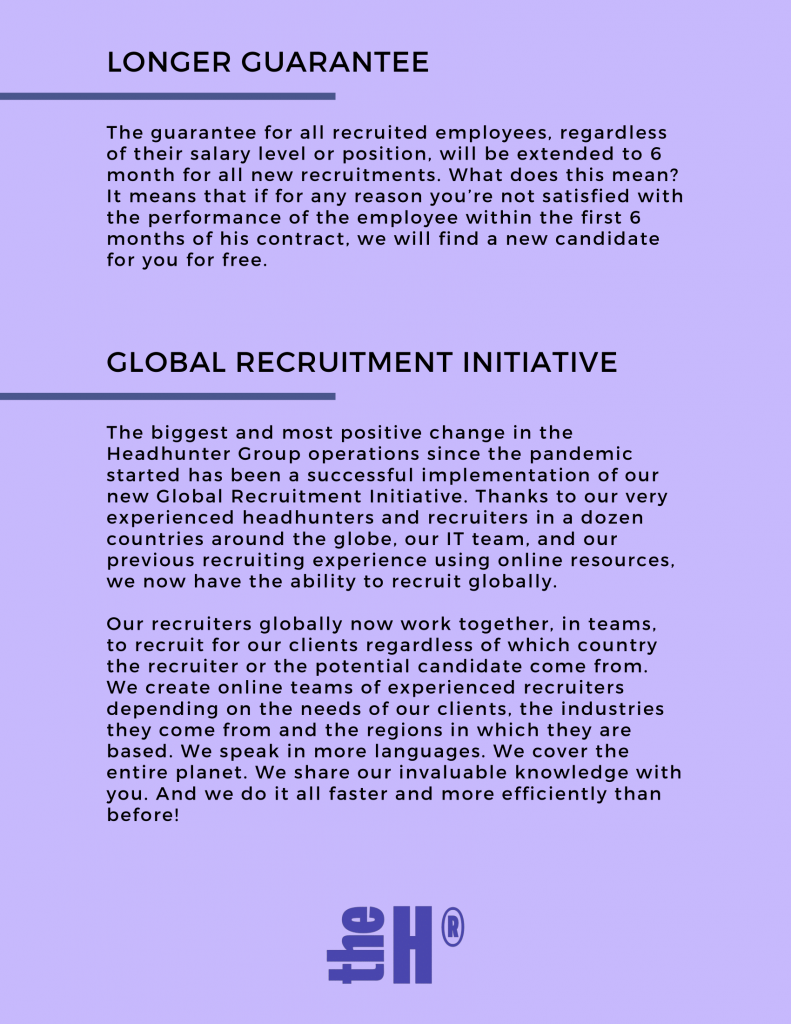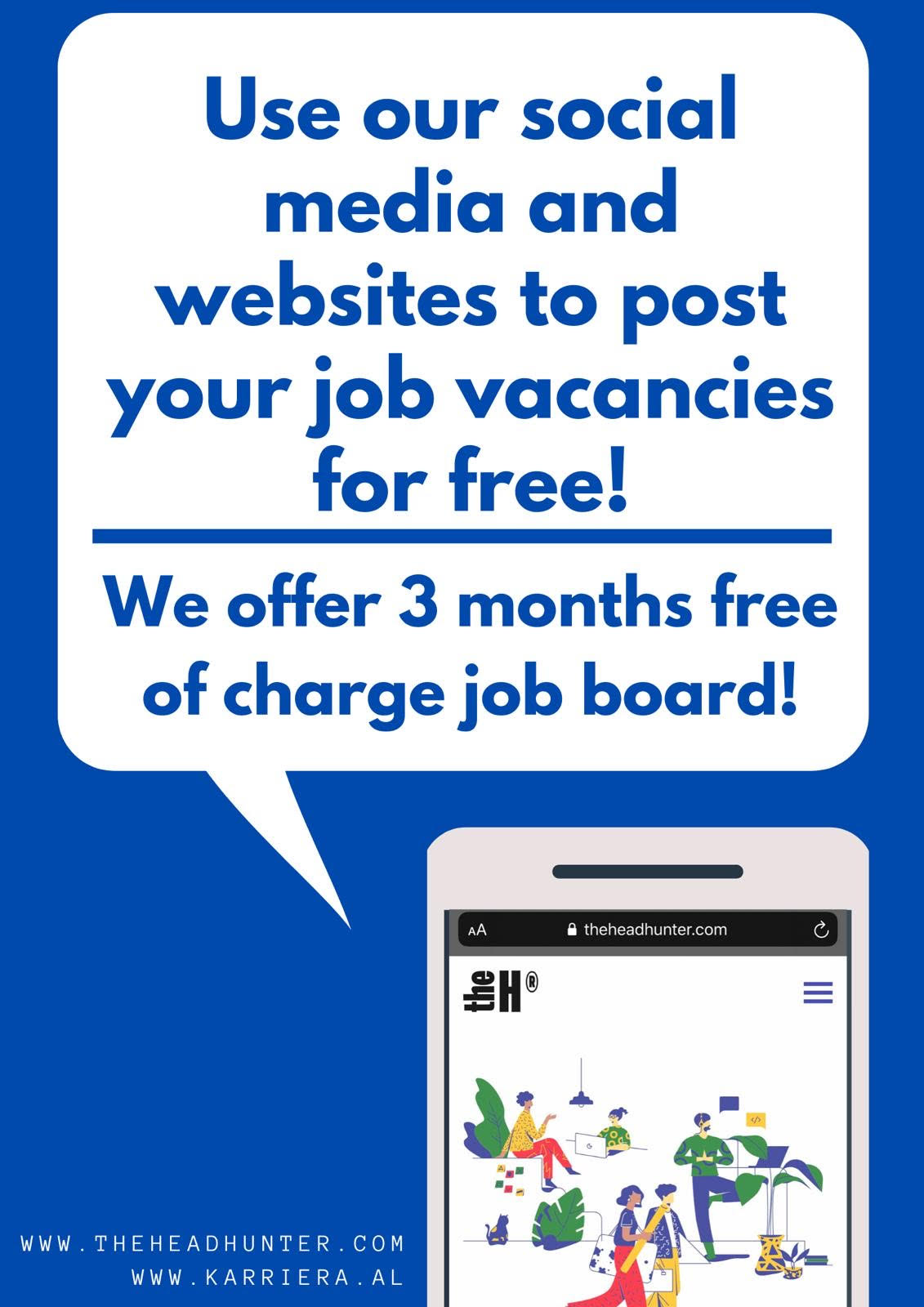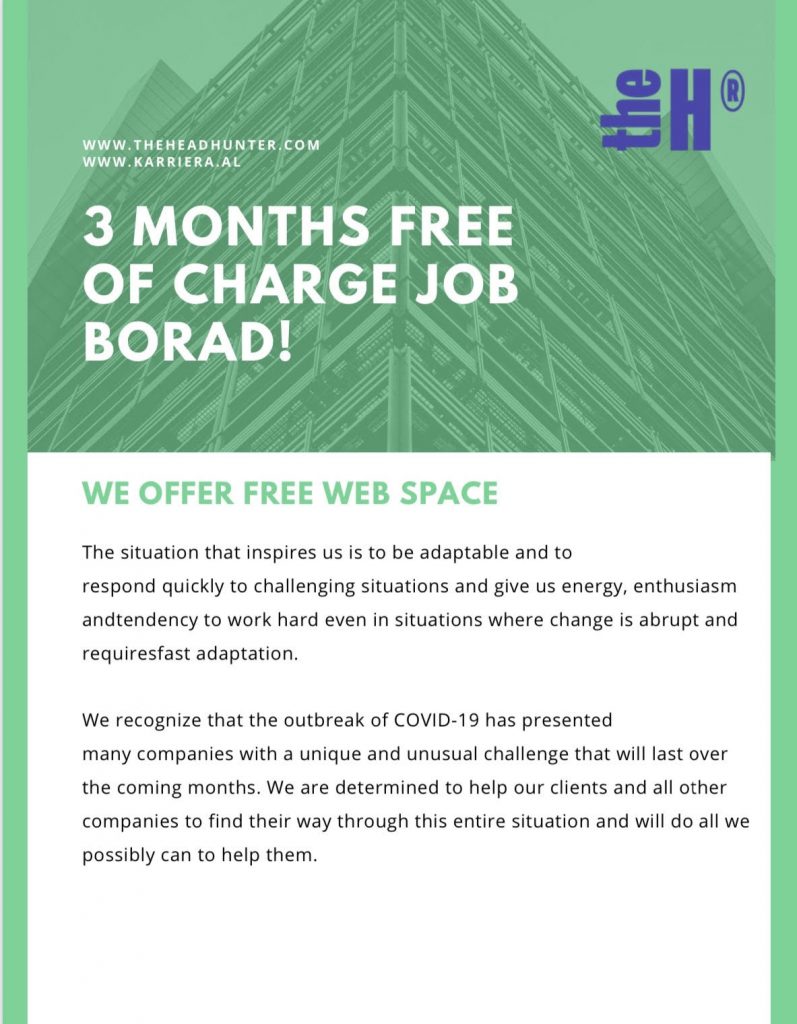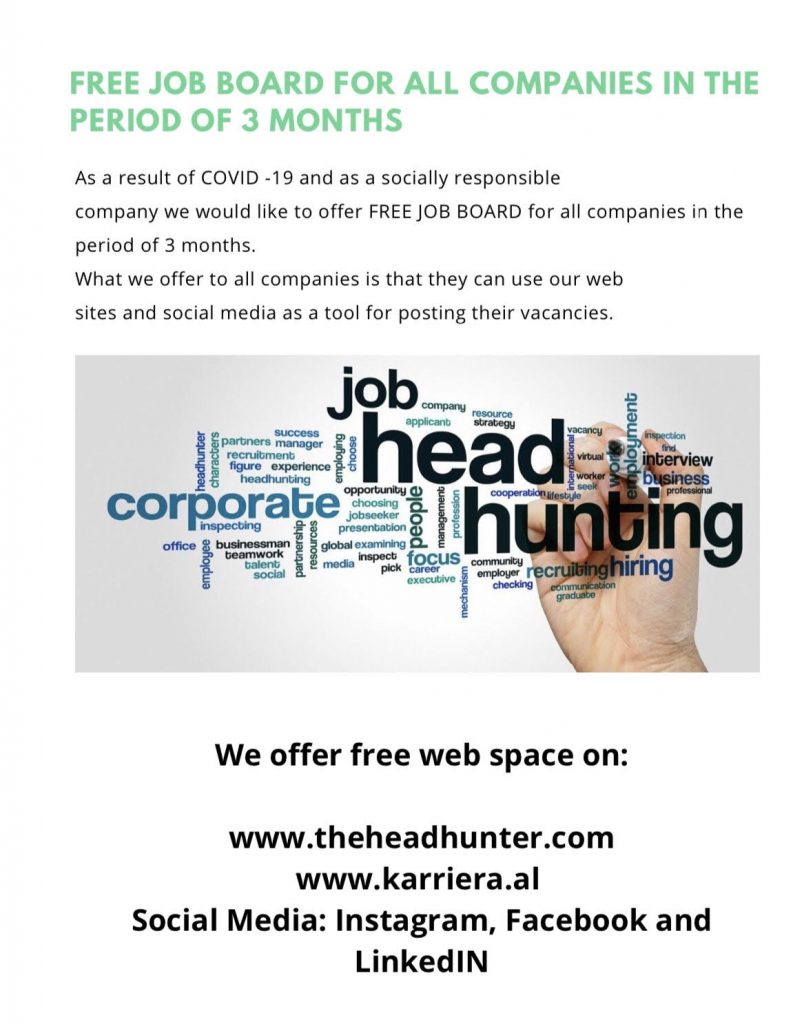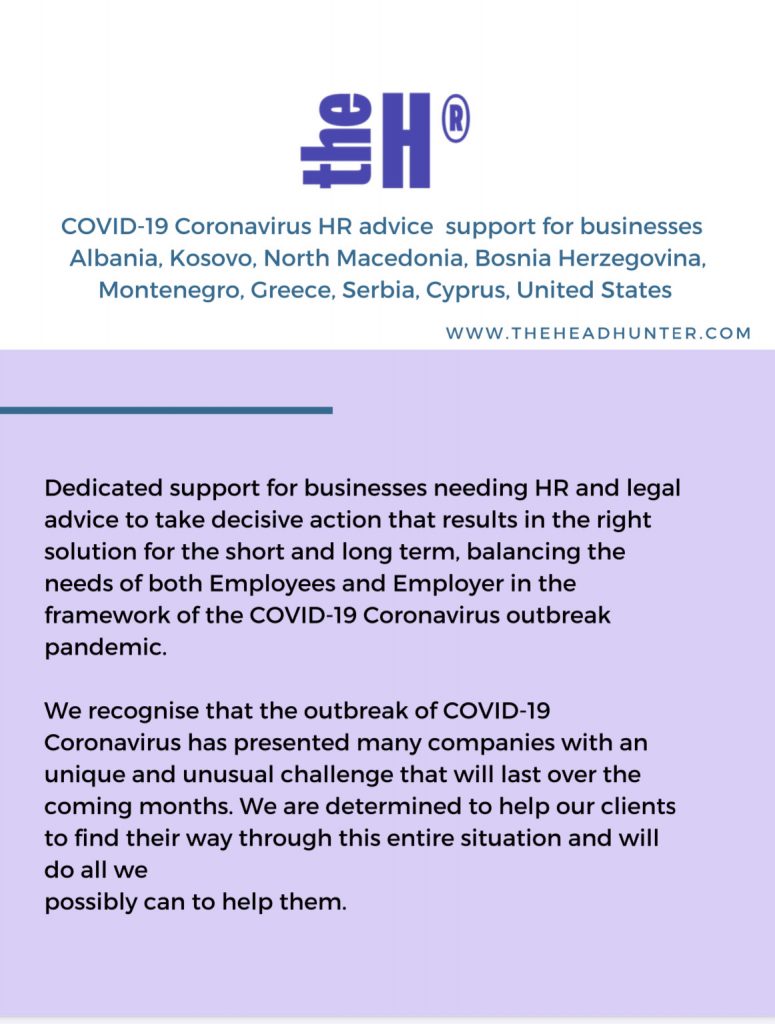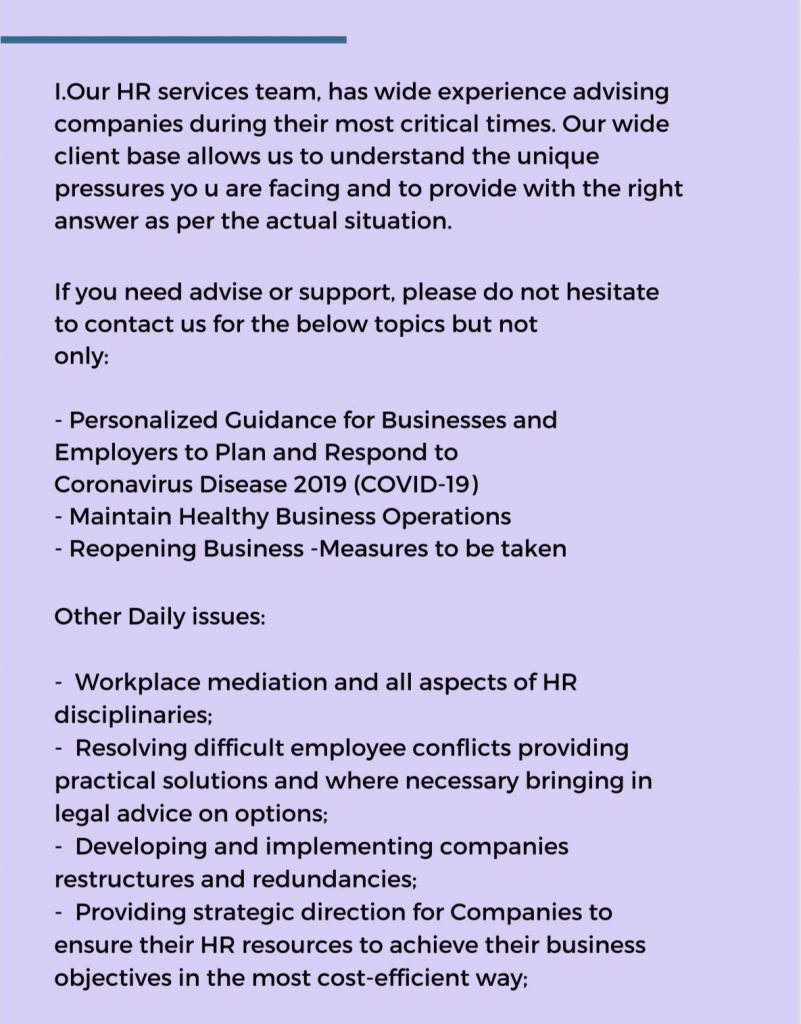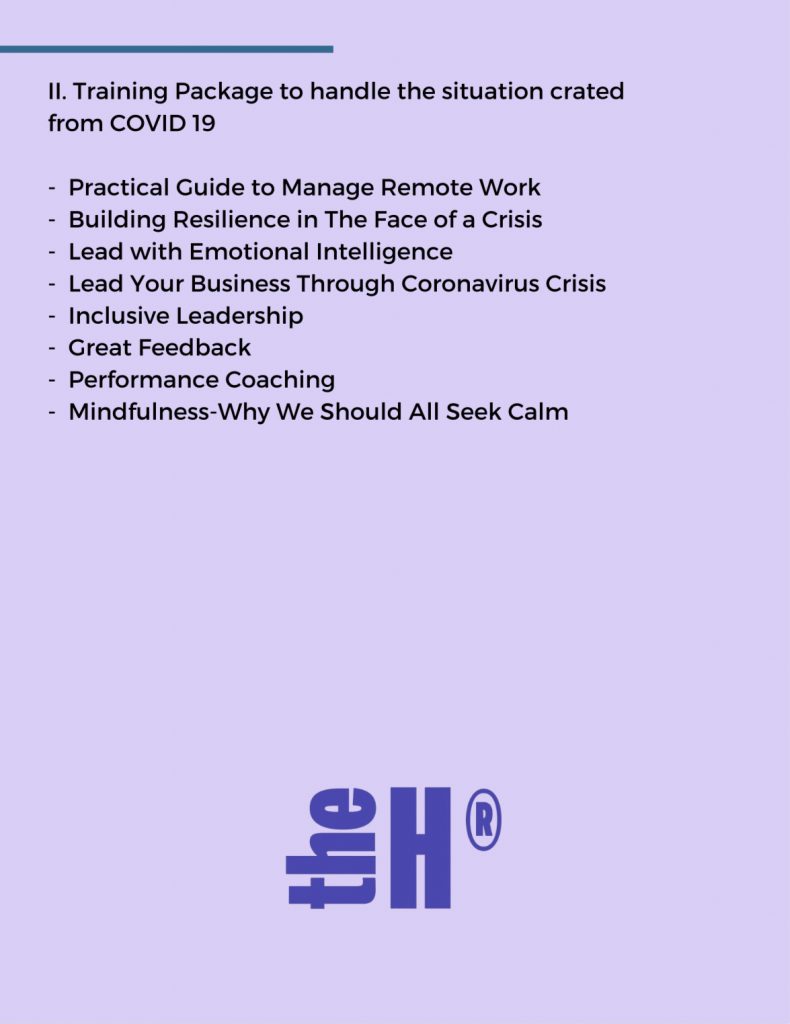Being stuck in your career is more than frustrating; it can be limiting. Professionals from all backgrounds are resisting the pressure to stick to one career path. Job hopping has nearly doubled among college graduates in the last twenty years, and more workers are willing to experiment with jobs throughout the course of their careers. Compared to previous generations, today’s professionals are more likely to explore what it means to have a career they truly love.
Regardless, it’s natural to fear a complete career pivot. Changing careers can be a challenging risk, and you may not know where to start. When executed mindfully, however, anyone can reap the benefits of a new career path—which can include higher pay, more profitable skills, and a more agreeable work environment.
As with any goal, a major career change starts with a single step. Try these tips to smoothly transition into a new field you’ll love.
Before You Start
It’s common to contemplate a new career after a hard day or week at work.However, the choice to pursue a new career path should be a deliberate one. Think honestly about the motivations behind your desire.
Do you find that you dislike your entire career or just your job? Are there ways to improve the situation you have now? Answering certain questions about your goals can reveal critical insights you’ll need on your journey to a new career. Don’t be afraid to ask yourself:
- Why do I want to change career paths?
- What do I want to do?
- What do I need from a company/role in order to be happy?
- What do I need to do in order to make this change happen?
- How can this improve my life?
- What are the potential risks or downsides?
Reference your answers often when making your game plan, applying to jobs, or researching possible employers. Your answers can help you pursue opportunities that align with your goals and expectations. They may also change during the transition process—that’s normal!—so review them as needed.
Review Your Career History
Perhaps you’ve already built an impressive career, or you’re a recent graduate with a few internships under your belt. Regardless, your current career can offer a wealth of insights into your interests, professional strengths, and potential future career paths.
Start by grabbing a copy of your current resume and take notes. Ask yourself what you liked or disliked about each position and when you felt the most comfortable at work.
Note any projects or accomplishments that you especially enjoyed or that made you feel proud. If a position yielded new skills or introduced you to an industry, be sure to note that too. If you have a specific new career path in mind, make a list of transferable skills. Many of the skills you have developed in your current career can benefit you in your new one.
Even if you don’t have a specific path in mind, mark any skills that can transfer smoothly between fields, like leadership, project management, and communication.
Create a Road Map
We all need a guide for new adventures, and a career change is no different. A career road map can help you outline the resources, training, and experience you’ll need to make a smooth, effective transition.
At this point, it’s time to talk strategy. What career paths are you excited to pursue? What is your end goal and ideal timeline? What strengths or weaknesses have you discovered in your current and past positions?
Do you need to develop new skills, certifications, classes, or licenses? Who do you need to meet, and how can you develop relationships with them?Break these elements down into major milestones: what accomplishments you hope to achieve and when. You can also assign yourself daily, weekly, or monthly tasks to stay on track with your personal timeline.
This can help you stay accountable to your path or reveal what may need to be modified along the way.
Reorganize Your Resume
If you’re transitioning to an entirely new field, you may have to start completely over.Editing your resume is a simple and effective way to showcase related skills and experience you’ve acquired from your current field.
Focus on transferable skills, projects, and accomplishments that apply to your new field—using the notes you made on your master resume in step one. Not every role you’ve filled will be relevant, so don’t be afraid to write and edit critically. You may find it helpful to work with a professional resume writer or editor to help frame your experience.
Once you’ve updated your resume, be sure to review your LinkedIn and personal website (if applicable) to update your portfolio with your new information.
Take an Online Class
Now that you’ve updated your resume, you may notice additional gaps in skills or experiences you need to acquire. If you need to build new skills, consider investing in a digital course.
Not only can online classes help you build relevant skills, it can often assist you in determining whether you might enjoy the responsibilities and roles of your new career path. Many websites offer free or moderately priced courses in fields like web development, graphic design, and business management.
Some courses may offer valuable certifications that can transform the impact of your resume. When researching a new website or course, consider how much time you can reasonably commit to an online course, and how much you are willing to invest. Don’t feel pressured to cram in new information by speeding through a course if it won’t help you learn practical, applicable skills.
Try Freelancing
Freelancing is becoming a more popular option for new, transitioning, or established professionals.I
n fact, over 44 million people have a side hustle [PDF] to generate additional income. Going freelance can be an excellent method to earn money as you build valuable skills, manage the responsibilities of your new role, or expand your portfolio.
Side gig services like Fiverr or Upwork may help you net new opportunities quickly, but you can also explore your network for freelancing options. Future clients may be more amenable to working with someone locally, for examples, and smaller businesses may be in need of your skills and experiences.
Find a Mentor
A mentor can help ease the transition into a new industry by offering advice and guidance during your career journey. Finding a mentor sounds intimidating, but it doesn’t have to be. Don’t hesitate to explore your options and resources, like LinkedIn, Facebook, friends, or past coworkers.
When approaching a mentor, always remember to work within their limits and schedules. Many people want to be seen as mentors and will be flattered by the opportunity, but not everyone you approach may be available or interested in mentoring—just don’t give up.
Try opening communication with a compliment or sincere interest, and work to build a rapport with them. Whatever you do, don’t waste their time.Do your research and come prepared with insightful questions. Whether you ask for their personal insights, experiences, or general industry knowledge, make sure they know their time is being well spent by helping you.
If possible, find a mentor that can also help you find new resources or provide networking opportunities with other industry experts so you aren’t dependent on just one mentor. As your relationship progresses, request to use them as a reference on your resume or when applying to jobs.
Attend Industry Events
Networking is an invaluable tool for integrating into your new field. Local or national conferences, meetups, career fairs, trade shows, networking events, and workshops are just a few environments created specifically for connecting with other professionals.
While it’s important to balance the cost and benefits of such experiences, don’t be afraid to purchase a ticket or register for an experience you’re not familiar with if you’re interested in its topics or guest speakers.
In a workforce where as much as 85% of jobs are filled through networking, it’s important to maintain useful communication skills. Before attending an event, do some research on who else will be attending.
Find professionals that have significant experience in your prospective roles, and let them know that you’re interested in their work. Take notes on any guidance they may offer, and be sure to request their contact information so you can follow up. Transitioning into a new career can be a rewarding risk. With the right strategy and a little patience, anyone can find happiness in a new career path.



